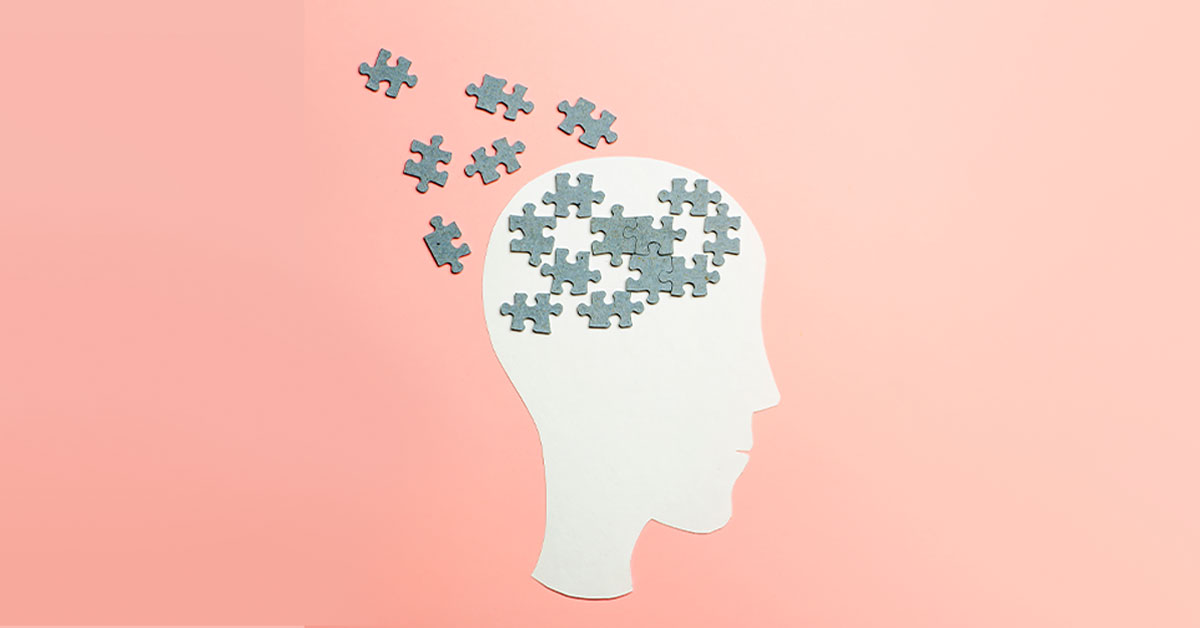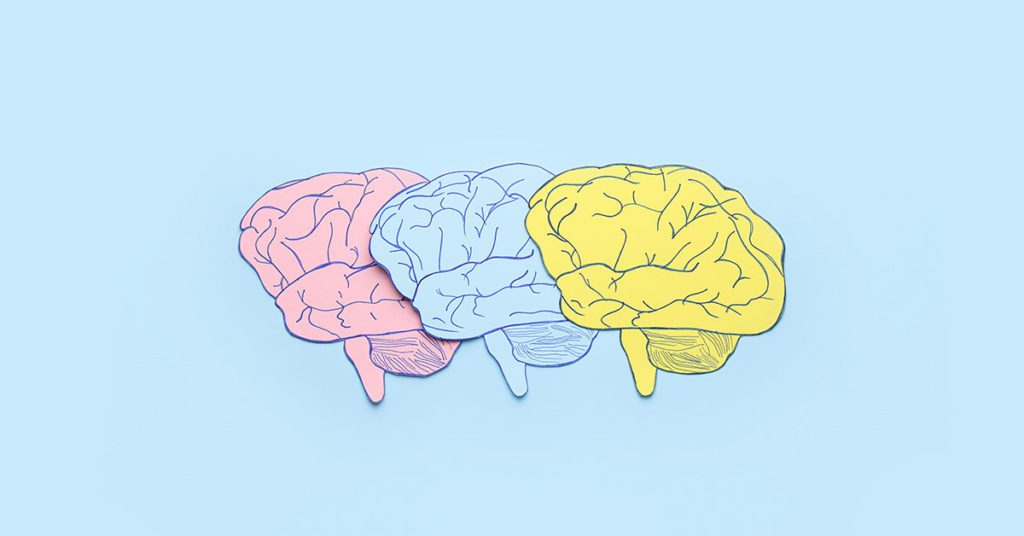Have you ever walked into another room in your house, only to forget why you went there in the first place? Or, maybe you went out and can’t remember if you turned off the oven or not. Your short-term memory plays an important part in these kinds of day-to-day tasks by storing information in your brain temporarily. Keep reading to learn some brain tips for memory and how to improve short-term memory for better recall and focus.
What Is Memory?
One of the most complex functions of the brain is memory. It plays a vital role in learning, teaching, and everyday activities by storing information so you can recall it again when you need it. The brain organizes certain types of memory differently for short-term and long-term recollection, and scientists classify memory storage into three different categories:
Sensory memory: Sensory memory helps you quickly process your environment; what you see, hear, touch, smell, and taste. These memories last for just a few seconds or less, stored in the temporal lobe of the brain.
Short-term memory: Short-term memory stores small amounts of information in the prefrontal cortex for a short period, usually between 15 to 30 seconds. Then your brain either discards that information or saves it in long-term memory.
Long-term memory: Long-term memory has a large capacity to store information, whether it occurred just hours ago or decades prior. The brain stores some long-term memories in the hippocampus but may also store long-term memories in circuits throughout the nervous system.
Ways to Improve Short-Term Memory
Having a healthy short-term memory helps you think clearly and focus throughout the day. It helps pay attention and complete everyday tasks, like remembering self-care, cooking a recipe, or following directions. Knowing ways to improve your short-term memory can also help you learn new information, like studying for an exam or preparing for a presentation at work. Try these tips to increase short-term memory for long-term brain health:
1. Follow a Brain-Healthy Diet
When you eat lots of foods full of nutrients, you create a sturdy brain structure to support thinking, including your short-term memory. So what’s the best diet for a healthy brain? Neurologist Dr. Dale Bredesen recommends the following:
- Avoid processed foods with added sugars
- Follow a Mediterranean diet, rich in healthy fats like olive oil, avocados, nuts, and seeds
- Eat lots of non-starchy vegetables
- Stick to animal proteins rich in DHA, like salmon, mussels, and oysters
- Supplement your diet with healthy vitamins for the brain
2. Stay Physically Active
Exercise gets your blood pumping throughout your body, including your brain. This helps the flow of nutrients to key areas of the brain associated with memory (anterior cingulate cortex and the hippocampus). In one study, scientists found that exercise improved memory by 47% in Alzheimer’s patients after just one year.
In another study, researchers gave participants lists of words to memorize either before or after 30-minutes of cycling. The best results came right after exercise, further suggesting that exercise improves short-term memory.
3. Keep Your Brain in Shape, too
Physical exercise isn’t the only thing you can do to keep your memory in good shape. Studies have found that memory brain exercises, like jigsaw puzzles, train the brain and your memory. Include some of the following daily memory exercises in your routine to flex your “memory muscles”:
- Meditation
- Playing games, like chess, cards, or board games
- Playing an instrument
- Completing puzzles, like jigsaw puzzles, crosswords, or sudoku
- Studying a foreign language
- Reading books
- Creating art, like drawing, painting, knitting, or dancing
4. Keep a Healthy Sleep Routine
Sleep plays an important role in saving new information to the memory. Dr. Matthew Walker is a Professor of Neuroscience and Psychology at the University of California in Berkeley. In his book, Why We Sleep: Unlocking the Power of Sleep and Dreams, Dr. Walker explains how sleep gives your brain a chance to restore and process the information from the day.
During deep sleep, the brain “presses the save button” on new memories. Later in REM sleep, the brain associates new memories with existing ones. New memories bang up against old ones, like a game of memory pinball. This process helps store new memories. (It may also explain the random-like quality of our dreams). For a healthy sleep routine to support memory, try to get between 7 to 9 hours each night.
5. Hack Your Memory
On September 14, 2010, computer scientist Roger Craig broke the record for the highest single-day earned on Jeopardy, cashing in $77,000. His secret? He applied a technique on how to improve short-term memory recall.
Short-term memory is brief and limited: it only stores information for just a few seconds. When studying for the game show, Craig made a point to reinforce his learning in those seconds before it escaped his short-term memory storage.
The Jeopardy champion spent just 30 minutes a day memorizing previous Jeopardy questions by learning a little each day and reinforcing the information he was just about to forget—neurohacking his short-term memory and becoming a record-breaking winner!
Chunking
You can “hack your memory” with other techniques. Chunking helps break down information into smaller parts, hacking short-term memory’s limited capacity to store information. For example, you’ll have an easier time memorizing a 10-digit phone number this way: 833-638-7674 (compared to 8336387674).
Mnemonic Devices
You probably recognize “ROY G BIV” to remember the colors of the rainbow or “Please Excuse My Dear Aunt Sally” (PEMDAS) for the order of operations in math. These mnemonic devices use shorter chunks of data, like rhymes, acronyms, and diagrams, to memorize larger amounts of information.
Short-Term Memory Loss
Most of us experience some level of forgetfulness from time to time. If you find yourself or someone you love constantly forgetting things, it may be due to short-term memory loss.
Signs of Short-Term Memory Loss
- Asking the same questions repeatedly
- Misplacing items frequently
- Getting lost or losing your direction
- Forgetting where you recently put something
Many things can lead to short-term memory loss including lack of nutrition, sleep deprivation, depression, or side effects of some medications, and trauma to the brain. In some cases, difficulty remembering things could be signs of Alzheimer’s disease and other types of dementia.
Fortunately, breakthrough research shows that healthy habits today can prevent short-term memory loss in the future. Make sure to stick to brain-healthy habits: eat a balanced diet and keep up on physical and mental exercise to improve memory and maintain long-term brain health.
Related Reading:





